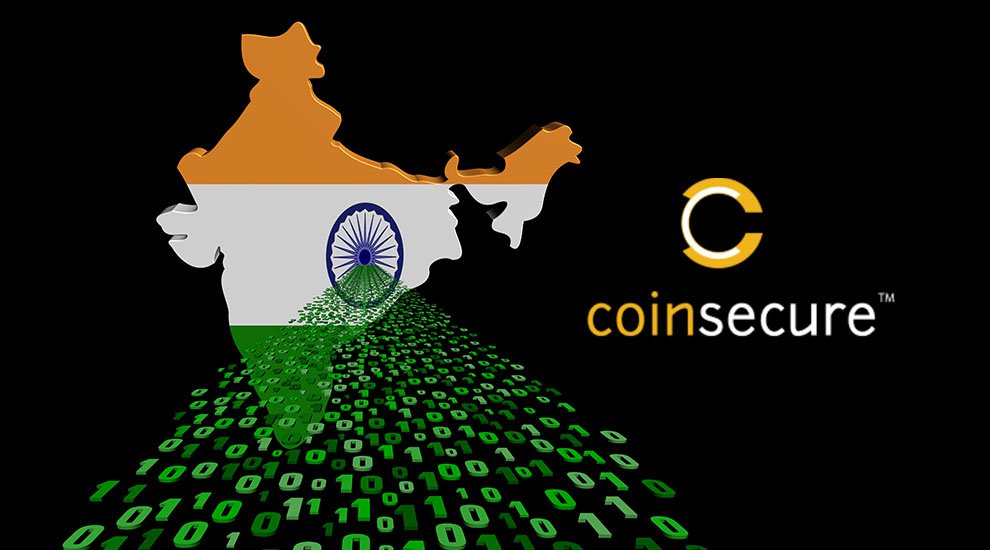In what may be the biggest virtual currency exchange heist in India to date, 438 bitcoin (BTC), currently worth $3.5 million, have gone missing from Coinsecure, and the exchange thinks an employee has run off with the money.
In a statement posted on the exchange’s website on April 12, 2018, Coinsecure said the exchange was not hacked, but that bitcoin disappeared when bitcoin gold (BTG), a “coin” resulting from a split in the Bitcoin blockchain, was being extracted to distribute to Coinsecure customers.
Bitcoin are kept securely in a wallet, the firm said, and only two people, the company CSO and CEO, have access to the private keys.
“Our Bitcoin funds have been exposed and seemed to have been siphoned out to an address that is outside our control,” the Delhi-based exchange said.
According to a first information report (FIR) filed with the police by Mohit Kalra, CEO at Coinsecure and director at the exchange’s parent company Secure Bitcoin Traders Pvt, on April 9, 2018, Coinsecure CSO Amitabh Saxena reported that the funds were missing from the wallet due to an “attack.” Coinsecure thinks Saxena actually took the money for himself.
“As the private keys are kept with Dr. Amitabh Saxena, we feel that he is making a false story to divert our attention and he might have a role to play in the entire incident,” the report said. It added that since Saxena has an Indian passport, “his passport should be seized so he cannot fly out of the country.”
According to a news report in the Economic Times of India, police have since seized the company’s servers to investigate the extent of the system breach. They are checking to see if more wallets have been compromised and are calling in the company’s senior security officials for questioning.
Meanwhile, Coinsecure is attempting to reassure its customers, stating that they will be paid back through the exchange’s personal funds.
The person who took the funds may have trouble converting them to fiat inside the country. Last week, the Reserve Bank of India (RBI) banned banks and other regulated financial entities from dealing with digital currencies.
